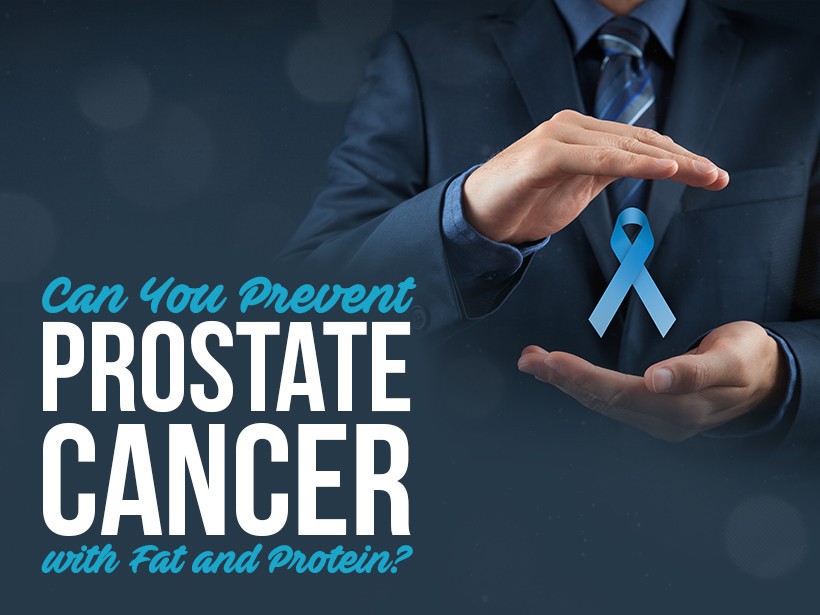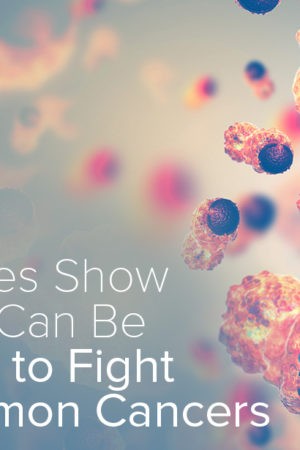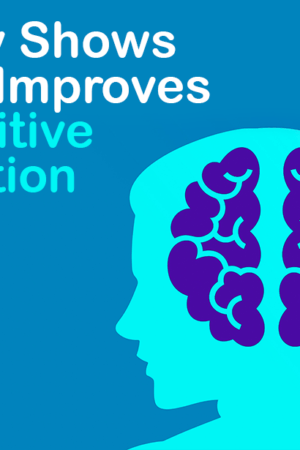Prostate cancer often comes about silently. Those who are most at risk are men 50 years or older who have a family history of prostate cancer. Symptoms include difficulty or stopping a urine stream, frequent urination, or pain during urination among other symptoms involving the urogenital tract.1 This disorder becomes especially dangerous if the cancer spreads to your spine or other important organs. Treatment typically involves radial prostatectomy, laparoscopic surgery, radiation therapy, or hormone therapy. If you’re not interested in invasive therapy or treatment with radiation, your best bet may be a change of diet; a low-carb, medium-protein, high-fat diet may be able to help prevent prostate cancer.
Mortality and Diet
In a study examining the Mediterranean diet and risk and mortality of prostate cancer, it was indicated that by consuming proteins and unsaturated fats, men could lower their risk of developing this cancer.2 Specifically, the lycopene in tomatoes and unsaturated fats in olive oil are helpful in providing protection. Lycopene, for example, will actually down-regulate mechanisms of the inflammatory response which is associated with higher cancer rates.
Diet Can Alter Epigenetic Expression
Recent science considering gene expression and many disorders related to nutrition have been considering epigenetics. It’s the link between the gut and your DNA. Amazingly, what you put in your mouth can actually affect how your genes are expressed. For example, consider that in obese individuals, there are elevated levels of tumor necrosis factor-alpha interleukin-6, C-reactive protein (this is fancy science speak for stuff that causes tumors to grow) and leptin circulating in the blood. In lean people, these are produced just in the adipocytes where the lipids are stored; in obese individuals, they tend to spread across the body. Furthermore, these circulating proteins lead to low-intensity chronic inflammation that promote the development of cancer.
Testosterone Levels Matter
Testosterone should also be considered. In men, obesity is linked to low levels of testosterone in the blood. Low levels of testosterone facilitates the formation of prostate cancer in its most aggressive, less-differentiated form. One study looked at the effect of high BMI in adults in their middle-late adulthood and how it related to the incidence of prostate cancer; the study found that increased BMI during middle-late adulthood was linked to the occurrence of prostate cancer.3
Lower Your BMI for Prevention
So what do you do? Lower your BMI! Diets like the Mediterranean diet or ketogenic diet which entail diets high in fats, medium levels of protein, and low in carbohydrates are known to lead to a loss in weight from fat. In the Capurso and Vendemiale study, the authors noticed a reduction in mortality in patients with prostate cancer who consumed a high diet of fish, which has unsaturated fats and is highly recommended on the keto diet. In a study cited by Capurso and Vendemiale, the Mediterranean diet and low-carb diets are effective in weight loss compared to a low-fat diet.4
This evidence indicates that low-carb/high-fat diets like the ketogenic and Mediterranean diets may be a good solution to preventing prostate cancer and possibly helping to treat it. Long story short, for a man’s health, some unsaturated fats in the diet wouldn’t hurt!
NUTRITIONAL DISCLAIMER
The content on this website should not be taken as medical advice and you should ALWAYS consult with your doctor before starting any diet or exercise program. We provide nutritional data for our recipes as a courtesy to our readers. We use Total Keto Diet app software to calculate the nutrition and we remove fiber and sugar alcohols, like erythritol, from the total carbohydrate count to get to the net carb count, as they do not affect your blood glucose levels. You should independently calculate nutritional information on your own and not rely on our data. The website or content herein is not intended to cure, prevent, diagnose or treat any disease. This website shall not be liable for adverse reactions or any other outcome resulting from the use of recipes or recommendations on the Website or actions you take as a result. Any action you take is strictly at your own risk.
- Research Shows Improvement in Anorexia Nervosa Condition With Keto - August 6, 2018
- New Potential for Ketogenic Diet to Prevent Alcohol Withdrawal Syndrome - August 1, 2018
- Woman on Early Menopause Saved By Keto - July 25, 2018




